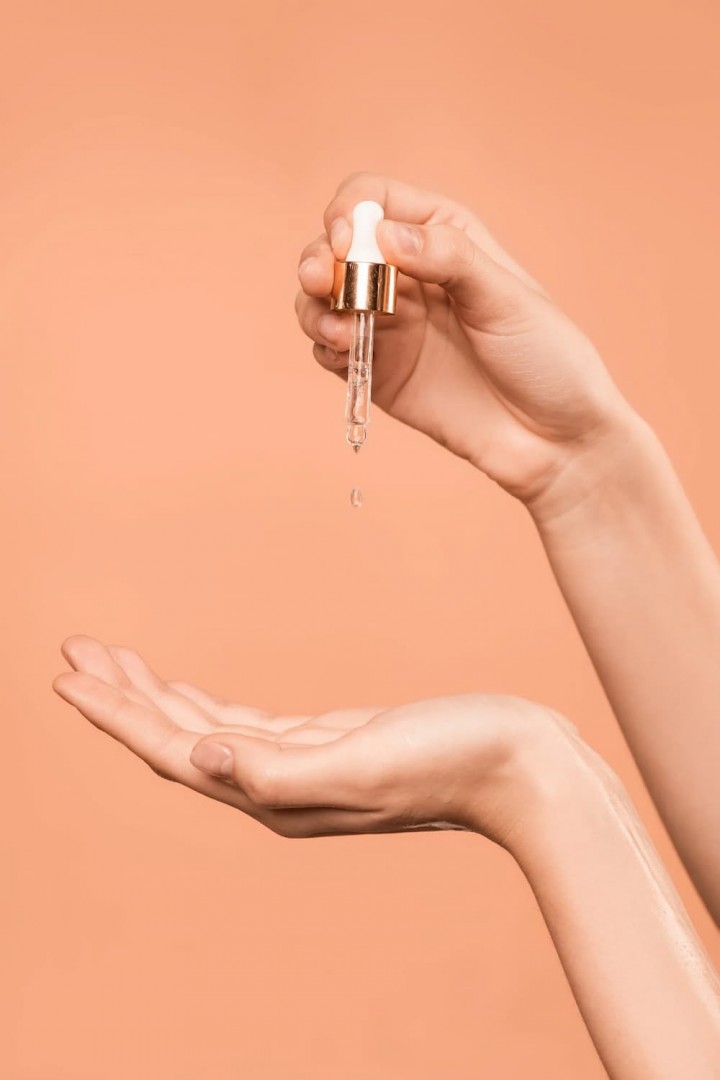
Essential oils are subtle, volatile liquids distilled from a plant and have been used for thousands of years dating back as far as the Egyptians.
There are two ways essential oils penetrate the body, through the nose and the skin via the hair follicles and sweat glands, helping to kill bacteria and viruses but also nourishing our skin at the same time. It is with patience and practice we get our blends right, otherwise we may not get the result we are looking for. Remembering that our skin is a vessel and is very precious to us.
So, how do essential oils work on our skin and what are their therapeutic benefits? Well, it’s all about synergy and balance. All essential oils have notes, high, low and medium, and when you blend them together, they become complete. In other words, they work together better and are more effective than used by themselves. For example, if we were to use lavender oil as our major oil, which is a top note, we then need a middle note oil like Neroli, and for our base note, we will use sandalwood. This is a great blend for skin care. Once we have put our oils into a bottle, we then add our carrier oil like sweet almond; never use undiluted oils straight on your skin to avoid skin irritations.
We all have different skin types — dry, itchy, oily, combination, sensitive, aged — so choosing the right oils in a blend is imperative. Essential oils are incredible healers. They can balance your inner health and rejuvenate your tired, weary skin and are a great food source. We have 2 distinct layers of skin called the dermis and epidermis, which are arranged into 5 layers. Most skin care products you buy off the shelf will only penetrate so far, where essential oils work the whole way.
What are the Health Benefits of Essential Oils?
The benefits of using essential oils are incredible. They contain linoleic acids that reinforce the skin's barrier and improve its texture. Plant oils also contain fatty acids that help retain the elasticity of the skin and regenerate new skin cells. Their antioxidant properties, on the other hand, reduce the appearance of wrinkles. fine lines and age spots, while supporting overall skin health.
Several types of essential oils, such as tea tree oil, lavender essential oil and frankincense essential oil, can also assist in wound healing and control bacterial infections as well. But be careful as some oils are sun sensitive like bergamot and lemon, and some oils can upset your blood pressure, even the medication you are on, so always look them up first and never apply to your face without doing a patch test first to prevent potential allergic reactions.
Have you ever gone and splurged on a night cream that promises that the next morning you'll look twenty years younger? I have and was not impressed but oils like frankincense, rose geranium, carrot seed oil, with a drop of pure vitamin E oil and camellia oil as your carrier, will replenish your skin within a couple of days. And if you prefer a cream, just add your oils to your cream, making sure it is unscented and preferably organic like coconut cream or shea butter. You can buy these unscented in some health food shops or online.
What are Common Carrier Oils That are Safe for the Skin?
Although essential oils are great and work wonders, we also have to think about what carrier oil we are going to decide on. When our blend is complete, your carrier oil is just as important, so here are a few popular carrier oils I like to use and their benefits to your skin; some you may know.
- Almond oil is a general purpose oil used for body oils, creams, lotions and can be a bit heavy on the skin so use sparingly. It's great for inflamed or sensitive skin.
- Camellia seed oil is great for anti-aging, antioxidant, moisturizing and regenerative.
- Borage seed oil improves skin elasticity, anti-aging, scarring, eczema and can be used on all skin types.
- Avocado oil moisturises the skin as it's packed with vitamin E and other medicinal properties. It also has oleic acid that promotes collagen production. Its anti-inflammatory properties make it ideal for acne-prone skin and dry skin that's prone to eczema.
- Ylang Ylang oil gels to the skin, hence promoting wound healing and reducing scarring. Also, mixing a few drops of oil with your preferred essential oil will help balance and maintain the skin's oil production.
If you would like any more information on essential oils and their uses and safety, please don’t hesitate to contact me.










